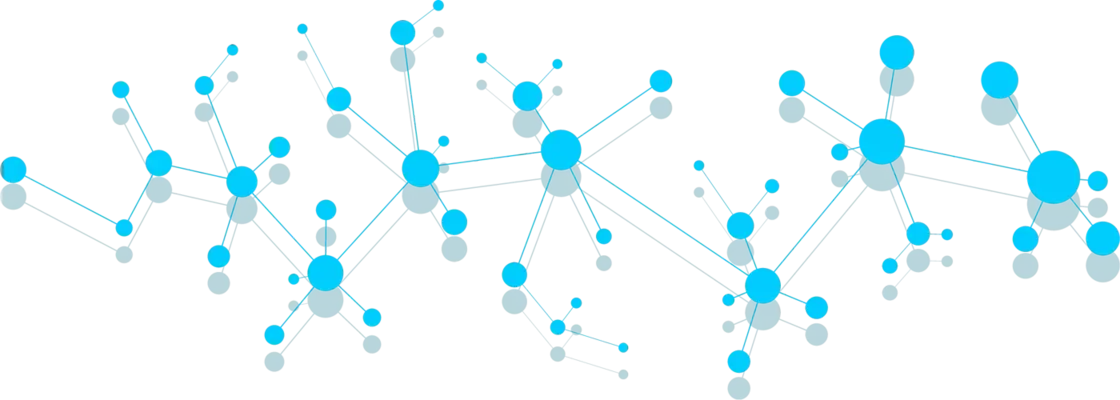Female Incontinence
Author : Doctor Aziza AL-Gabas
• Updated at: Jun 09, 2024 •

Female Incontinence is a common and often embarrassing problem that women feel distrustful of themselves. This has a negative impact on personal life and may sometimes have to refrain from certain activities.
What is Female Incontinence?
Urinary incontinence in women is defined as involuntary urine loss and an inability to control urinary bladder discharge. This is a common problem in women and can occur at any age but becomes more prevalent with age. This situation may have a significant impact on women's quality of life, as well as a negative impact on self-confidence and negative effects on social and family life due to fear of accidents happening in front of people.
About 1 in 5 women over the age of 40 suffer from female incontinence, however this is an estimated percentage as the prevalence rate is believed to be much higher, due to the fact that many women may not talk to their doctor or seek medical help for this issue due various reasons:
- Some feel embarrassed and ashamed to talk about urinary incontinence in women.
- Some women mistakenly believe that incontinence is a natural thing that occurs with age.
- Women believe that there is no cure for that problem.
Female incontinence causes
The reasons of Urinary incontinence usually because muscle and nerve problems that help the bladder retain or pass urine. There are also a number of causes of female incontinence, including:
- Obesity and weight gain.
- Constipation and effort to defecate.
- Damage to the nerves in the bladder or urethra, which may occur as a result of diabetes, multiple sclerosis or so-called plaque sclerosis.
- After delivery especially if delivered vaginally.
- Any surgery performed involving the female reproductive system such a hysterectomy.
Incontinence in women may also be transient (last only for a short time) and usually occurs as a result of other reasons, including:
- Use certain medications such as diuretics.
- Over-consumption of caffeine, which is found in coffee, tea, and energy drinks.
- Women suffer from Urology infection.
Symptoms of female incontinence
Many women at some point will experience female incontinence. Women may lose moderate amounts of urine. Common symptoms of urinary incontinence in women are:
- Stress incontinence usually occurs after pregnancy it is when involuntary urine leakage happens due to any extra pressure on the bladder like laughing, coughing, sneezing or carrying heavy things.
- Excess bladder activity.
- The detrusor smooth muscle is the main muscle of the urinary bladder wall. Its ability to contract and relax over large time intervals during urination plays a big part on urine continency. When this muscle gets weaker or loses its ability to contract and relax at will, the patient shall feel the urge and need to urinate, but is unable to control the muscles leading to incontinence (although this type of incontinence is more common in men.
- Multiple cause incontinence, where symptoms of stress incontinence and excess bladder activity exist together.
When woman should see her doctor?
When incontinence is repeated and its effect on the life of the infected woman, it is important to seek medical advice because it may:
- Limit daily activities and social interactions.
- The risk of falling in older people increases when rushing to the toilet.
Female incontinence Risks
Complications of chronic incontinence include:
- Skin defect such as rashes and ulcers.
- Urinary tract infections.
Female Incontinence Treatment
Your doctor will determine a specific female urinary incontinence treatment based on: your age, general health, medical history, type of incontinence, prevalence of the disease, tolerance of specific medications, procedures or treatments, expectations of the course of the diseaseز
Incontinence is treated based on its type, using one or more techniques according to the patient’s needs and the disease severity.
Some of the techniques used during treatment include:
Behavioral incontinence treatment
This is a simple technique that does not require tools, medications or surgeries but depends on training to control the pelvic floor muscles and the urethral sphincter muscle. This is done by pushing the time intervals between the onset of feeling the urge to urinate until you do. You start by trying to hold it for 10 minutes and then over the course of days increase this up to when you can do this for up to 2 hours. You are also trained in how to contract and relax the pelvic floor muscles to make them stronger.
Using electrical stimulation in the treatment of incontinence
Simple electrical stimulation can be useful for incontinence by inserting electrodes into the rectum or vagina to stimulate and strengthen the muscles of the pelvic floor. The patient can be taught to do this at the comfort of her home.
Treatment of incontinence through surgery
If the results of all conservative treatment methods such as exercising the pelvic floor muscles, medication and electric stimulation fail, surgery is recommended. Your doctor will decide on the type of surgery in correlation with the cause of the urinary incontinence and the severity of experienced symptoms by the patient.
Bedaya Hospital Advice to you! Avoid urinary incontinence and its accidents;
In most cases some simple lifestyle changes can help prevent, manage and relieve urinary incontinence.
Maintaining a healthy body weight in accordance to your height. Weight loss can significantly reduce the incidence and severity of urinary incontinence with a 20-30% reduction in its symptoms. A healthy body weight means less intra-abdominal weight that presses on your bladder and exerts the pelvic floor muscles.
- Eat a lot of fruits and vegetables which contain fiber, to avoid constipation which is a factor that increases the chances of urinary incontinence.
- Exercise regularly and add daily pelvic floor muscle exercises to your routine.
- Avoid drinking caffeine and alcohol, because these can stimulate the kidneys to produce more urine.
- Avoid clothes with many buttons, which take a long time to remove when entering the toilet to avoid embarrassing accidents.





